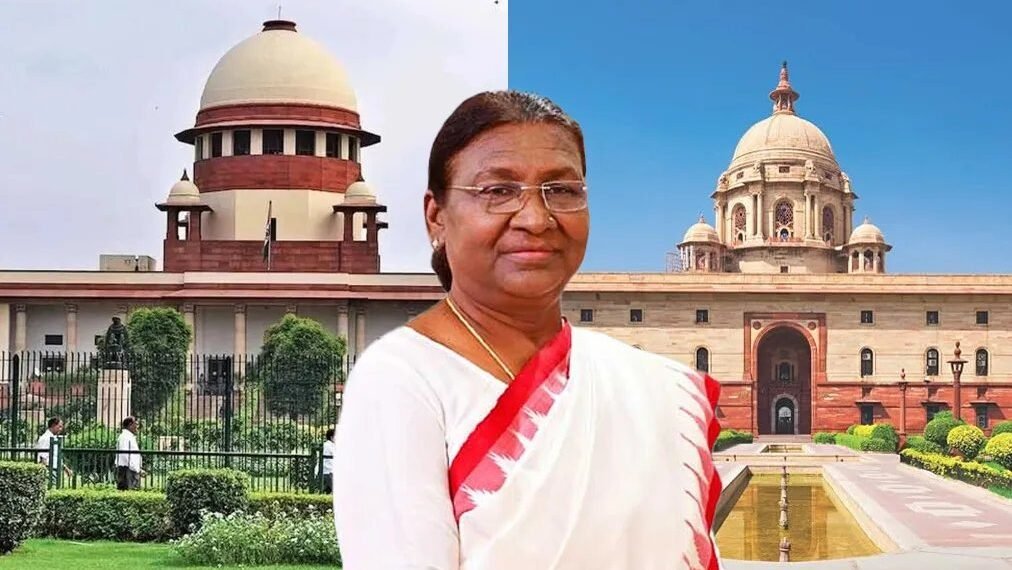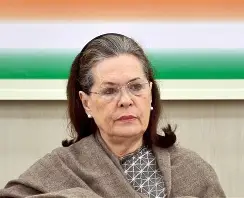While rejecting judicially imposed deadlines, the Court held that Governors must not stall Bills indefinitely and can be directed to decide within a reasonable timeframe.
BY PC Bureau
New Delhi, November 20: In a significant constitutional ruling, the Supreme Court on Tuesday delivered its opinion on a Presidential Reference issued under Article 143 of the Constitution. The Court held that neither the Supreme Court nor any other court has the authority to impose timelines on the President or Governors regarding their decisions on granting assent to Bills under Articles 200 and 201 of the Constitution.
The Court emphatically ruled that the idea of courts declaring “deemed assent” when constitutional authorities delay decisions would violate the doctrine of separation of powers. Such a declaration, the bench said, would amount to the judiciary usurping functions that the Constitution vests exclusively in the President and Governors.
At the same time, the Court made it clear that Governors cannot hold Bills in abeyance indefinitely. If a Governor’s delay becomes excessive and begins to obstruct the legislative process, the judiciary can step in—but only to the limited extent of directing the Governor to take a decision within a reasonable timeframe. The courts, however, cannot comment on the merits of the Bill itself or compel assent.
READ: ATS Scrambles to Trace 19 Women Linked to Dr. Shaheen
The Supreme Court has made a clear decision that the elected government must be “in the driver’s seat” and that “there cannot be two executive powers in the state.” The decision has supported the basic foundations of democratic administration for the major problem faced by many… pic.twitter.com/e8FDkNxZ6G
— Parimal Wagh (@parimal_wagh) November 20, 2025
The Constitution Bench of Chief Justice of India BR Gavai, and Justices Surya Kant, Vikram Nath, PS Narasimha, and AS Chandurkar heard arguments over ten days before reserving its opinion on September 11. The Presidential Reference had been made in May, following controversy over a two-judge bench ruling in the Tamil Nadu Governor matter, which had prescribed timelines for constitutional authorities to act on Bills.
The Court addressed seven specific questions raised in the Presidential Reference. Its findings are summarised below:
1. What are the constitutional options available to a Governor under Article 200 when a Bill is presented?
Answer:
A Governor may:
Grant assent,
Withhold assent, or
Reserve the Bill for the President’s consideration.
However, the Court clarified that “withholding assent” is inseparable from the first proviso to Article 200, which requires the Governor to return the Bill to the State Legislature with a message. This proviso is not a fourth option—it merely qualifies the act of withholding assent. Therefore, a Governor cannot simply withhold assent and sit on a Bill without returning it to the Assembly. Doing so, the Court said, would undermine the principles of federalism.
The Union Government’s argument that a Governor may indefinitely withhold assent without returning the Bill was rejected.
2. Is the Governor bound by the Council of Ministers’ advice while acting under Article 200?
Answer:
Ordinarily, the Governor acts on the aid and advice of the Council of Ministers. But Article 200 confers limited discretion. The use of the phrase “in his opinion” in the second proviso indicates that the Governor may independently decide whether to reserve a Bill for the President or return it to the legislature.
3. Is the Governor’s exercise of discretion under Article 200 justiciable?
Answer:
A Bill becomes justiciable only after it turns into law. Until a Bill receives assent and becomes an Act, its journey through Articles 200 and 201 cannot ordinarily be adjudicated by courts.
4. Does Article 361 completely bar judicial review of a Governor’s actions under Article 200?
Answer:
Article 361 grants personal immunity to the Governor, but not to the office of the Governor. Therefore, while the Governor personally cannot be summoned or held liable, judicial review of the institutional actions of the Governor’s office remains permissible. The bar is not absolute.
Questions 5, 6, and 7
These dealt with whether courts can impose timelines for the Governor (Article 200) or President (Article 201), and whether their discretionary decisions are subject to judicial review.
Answer:
The Court held that the Constitution deliberately grants flexibility—or “elasticity”—to the roles of the Governor and the President in granting or withholding assent. Courts cannot impose rigid timelines or prescribe the manner in which these authorities must exercise their discretion. Any such judicially crafted timelines would run contrary to the constitutional design.
However, if the delay becomes constitutionally unacceptable or paralyses legislative functioning, the courts may intervene in a limited manner—not by dictating assent, but by directing the authority to make a decision.
The Supreme Court’s opinion reaffirms the delicate constitutional balance between the executive, legislature, and judiciary. While Governors and the President must act within a reasonable timeframe to uphold democratic processes, the judiciary cannot step into their shoes by fixing deadlines or creating doctrines such as “deemed assent,” which have no constitutional foundation.













